Decision on members of the new government
Prior to the election of Friedrich Merz as Chancellor, the CDU/CSU and SPD have announced their ministers.
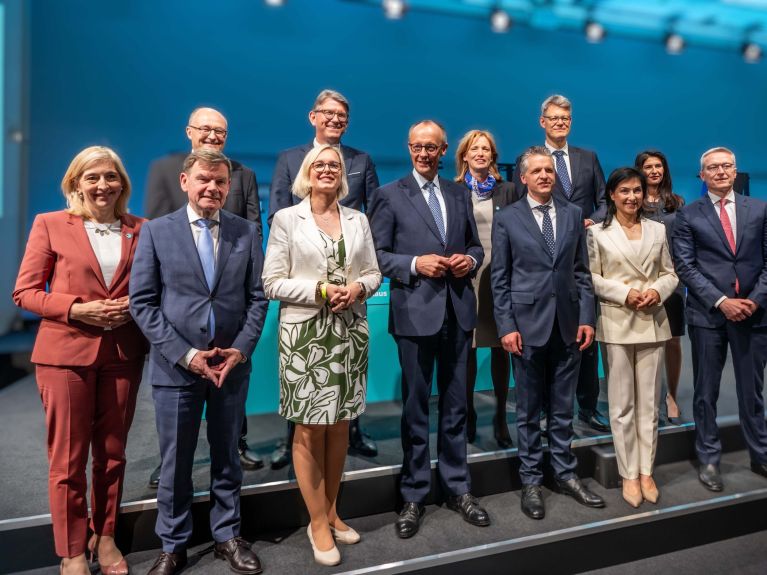
Shortly before the planned election of Friedrich Merz as Federal Chancellor on 6 May 2025, it is clear which candidates are to head which ministries. CDU-chairman Merz, CSU leader Markus Söder and SPD-chairman Lars Klingbeil have announced the ministers they have chosen to comprise a “black-red” cabinet in the coalition of CDU/CSU and SPD. This is the team with which Merz hopes to shape Germany’s policies:
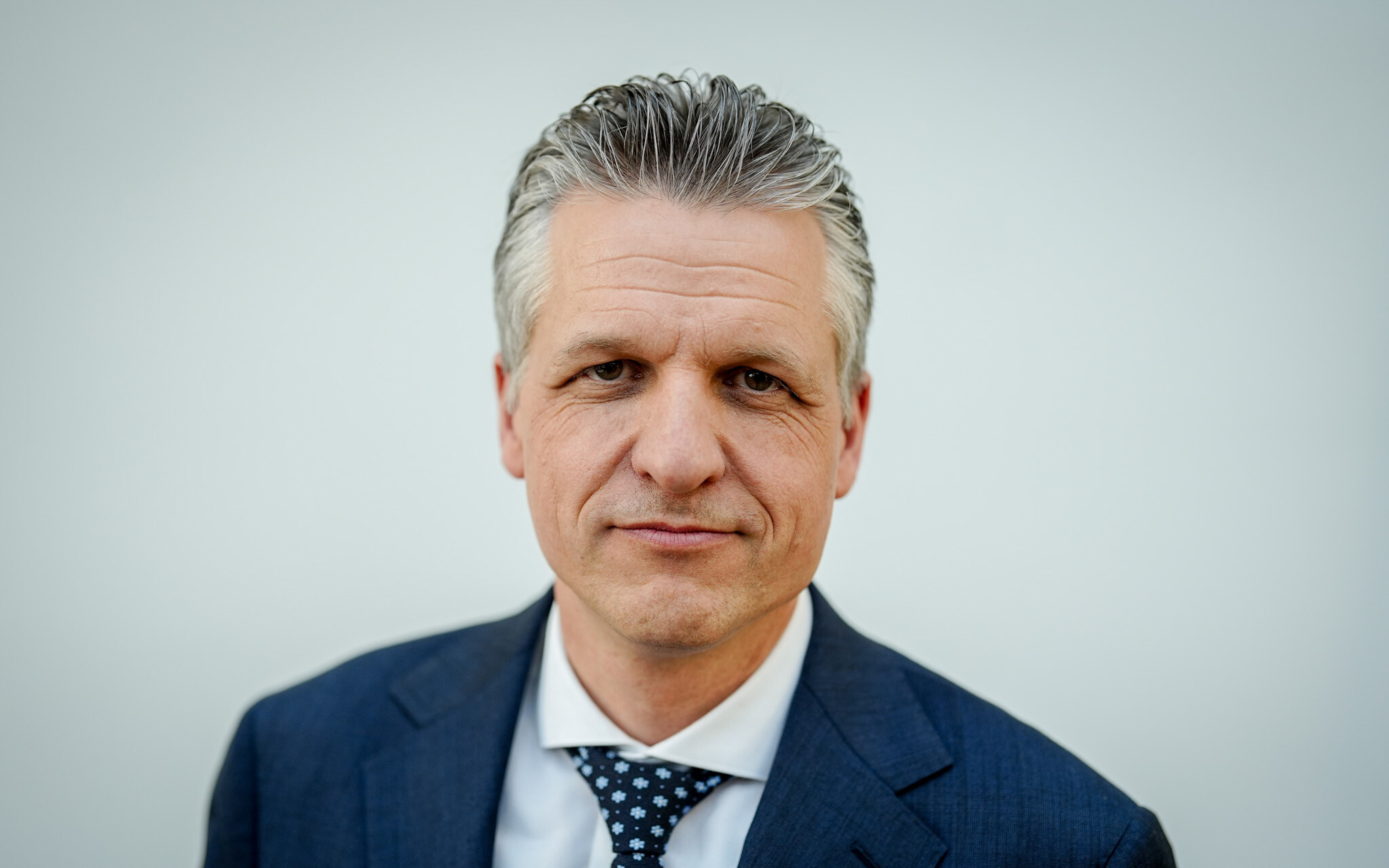
This 51-year-old is seen as the closest confidant of prospective future Chancellor Friedrich Merz. The lawyer has held a seat in the Bundestag since 2013. In the chancellery, the intention is for Frei to ensure smooth governance procedures and maintain contact with the federal states.

Johann Wadephul is the first Foreign Minister to represent the CDU for almost 60 years. This lawyer and lieutenant in the reserve has held a seat in the Bundestag since 2009 and is considered to be close to Merz. You can learn more about Johann Wadephul here.
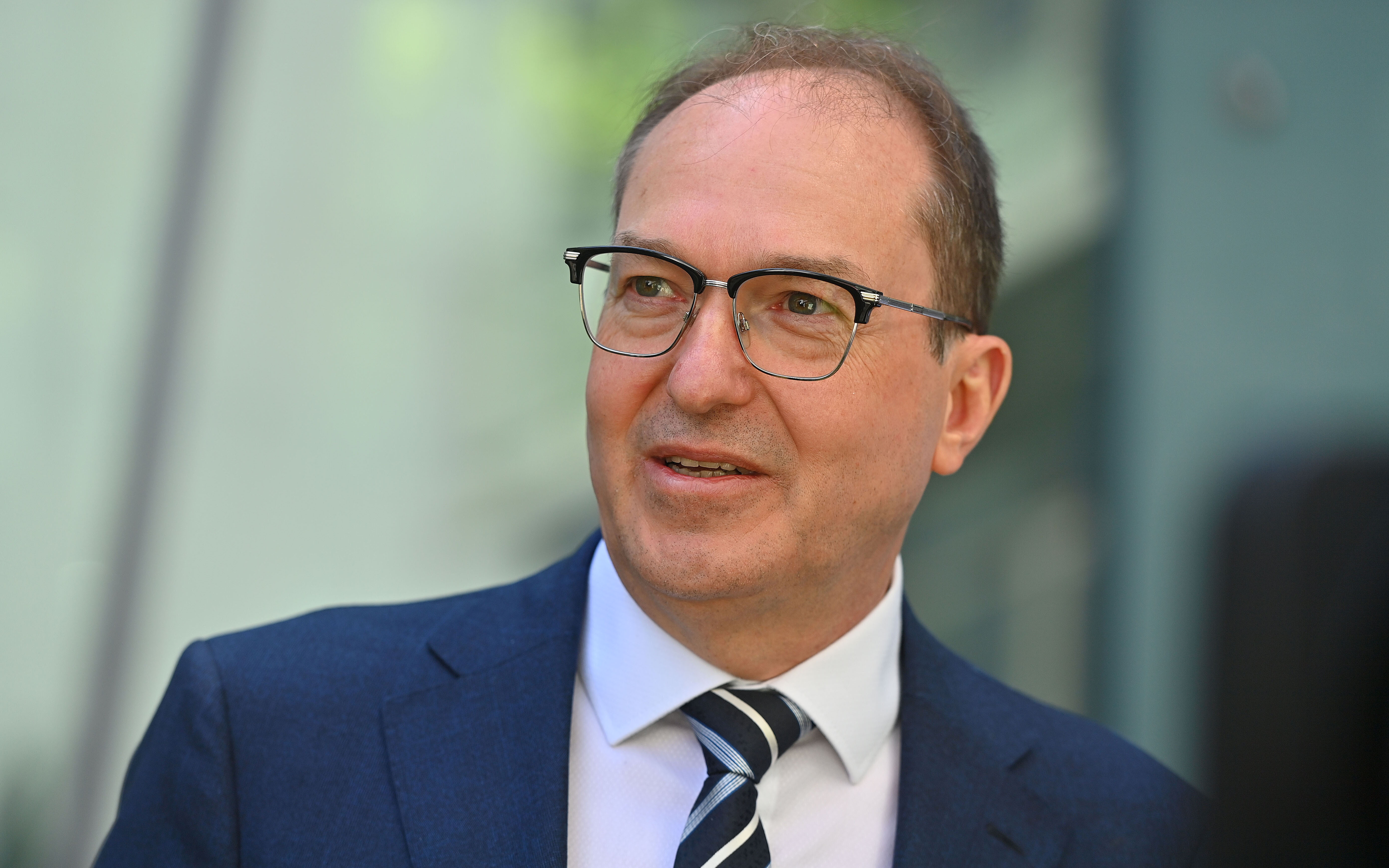
Participants in the coalition negotiations among CDU, CSU und SPD suggest that the long-term CSU committee leader and former Transport Minister Alexander Dobrindt was effective in building bridges and finding compromises. As Interior Minister, the 54-year-old is now among other things to be tasked with implementing the Union’s take on asylum policy.

As an entrepreneur, Karsten Wildberger is to take on the new Ministry of Digitisation: the 55-year-old is currently CEO of Ceconomy and of MediaMarktSaturn with around 1,000 consumer electronics stores worldwide. Wildberg comes from Gießen, studied physics and has a PhD.
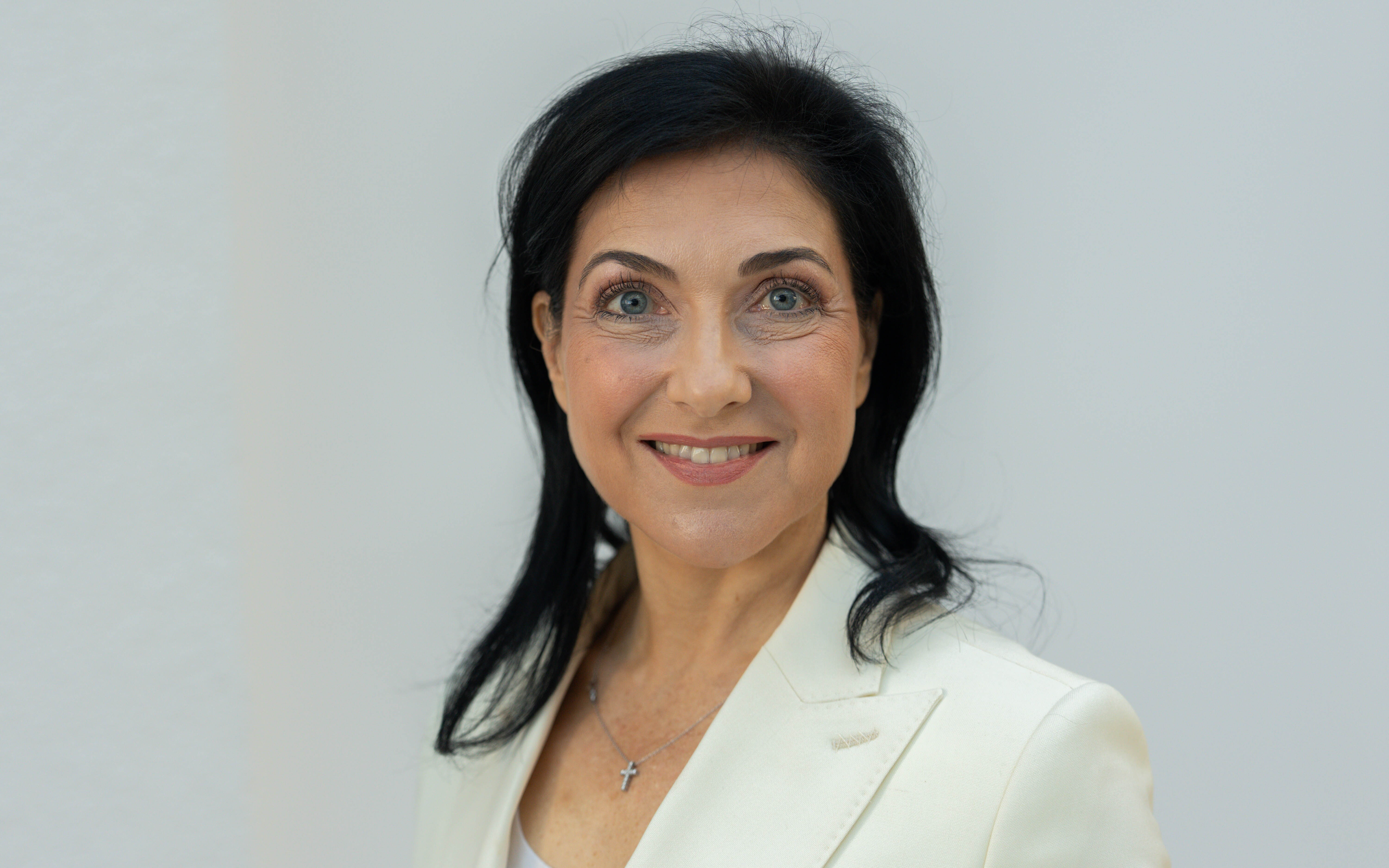
The nomination of 51-year-old Katherina Reiche as Minister of Economic Affairs is a surprise. In 1998 she was 25 when she entered the Bundestag and remained a member until 2015. Born in Brandenburg, she was deputy head of the Union faction from 2005 to 2009. The graduate chemist switched to the Association of Local Utilities in 2015 and subsequently became chair of energy provider Westenergie.

Patrick Schnieder has been a member of the Bundestag since 2009. The 56-year-old was outright winner of the Bitburg constituency. The lawyer was manager of the CDU/CSU parliamentary group in the last legislative period. His future position should give Schneider a key role in discharging the special funds for infrastructure.
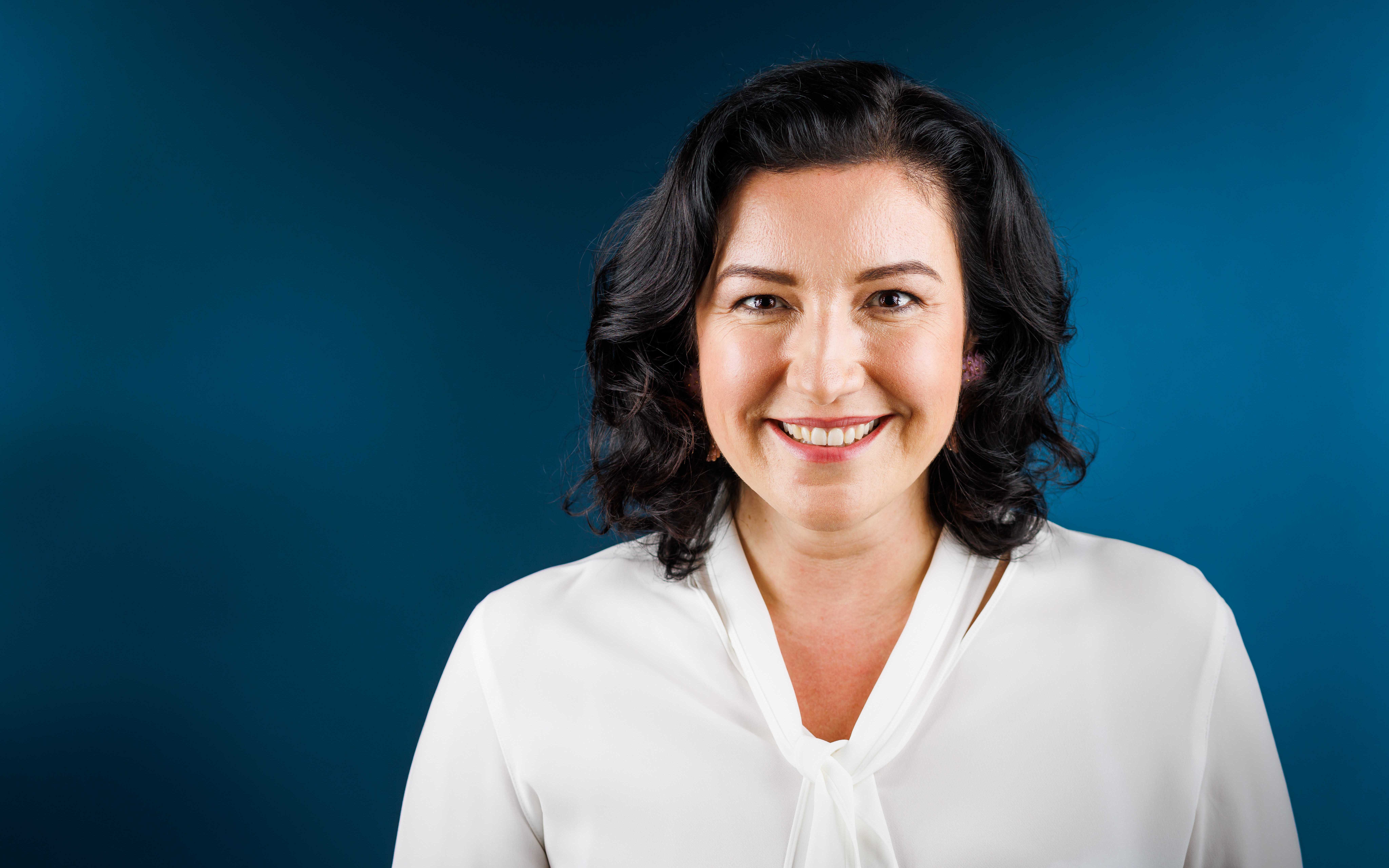
This CSU politician is to become Minister of Research, Technology and Space Travel in the black-red cabinet. She was previously Digital Minister of State under Chancellor Angela Merkel. She has sat in the Bundestag since 2002. In the Bundestag election in 2024, she won her Bavarian Bad Kissingen constituency with 50.5 per cent of the first votes, more than every other candidate.
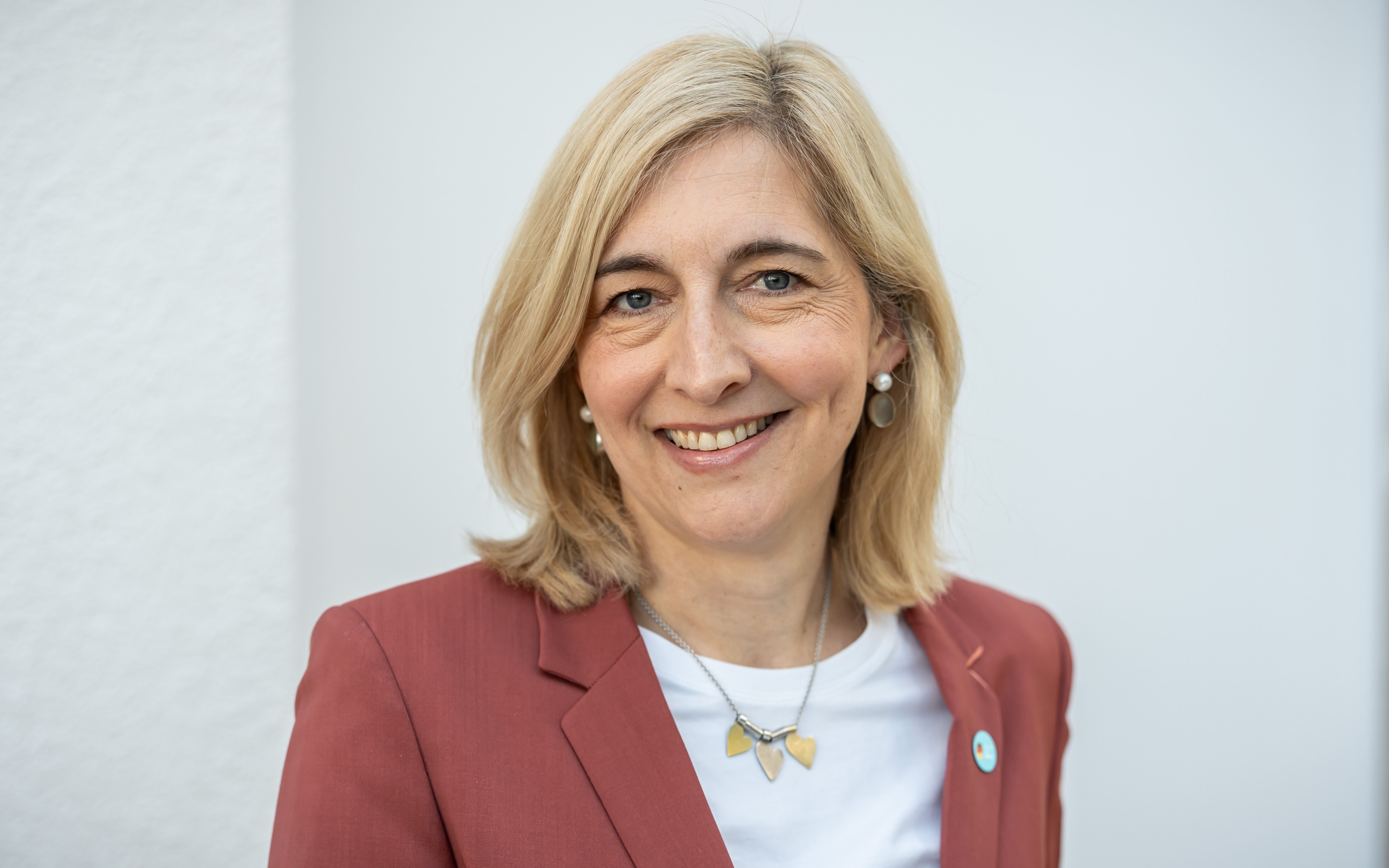
It is a surprise that CDU member of the Bundestag Nina Warken is to become Minister of Health She has sat in the Bundestag since 2013. The 45-year-old is CDU General Secretary in Baden-Württemberg.
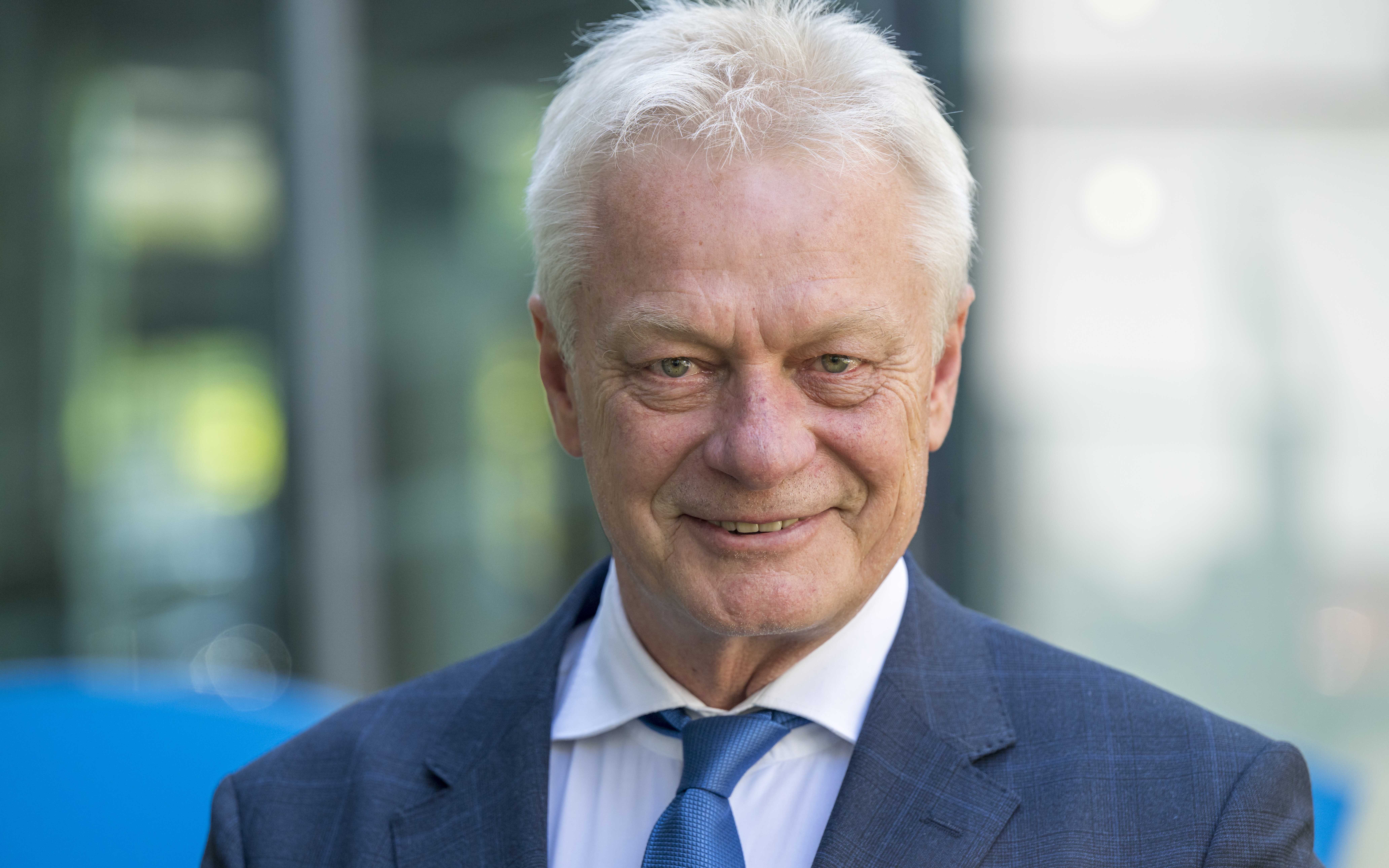
Alois Rainer, in the Bundestag since 2013, is to become the new Federal Minister of Food, Agriculture and Home Affairs. Rainer is a qualified butcher and still manages his family business. He was Mayor of the Haibach municipality in Lower Bavaria for 18 years.
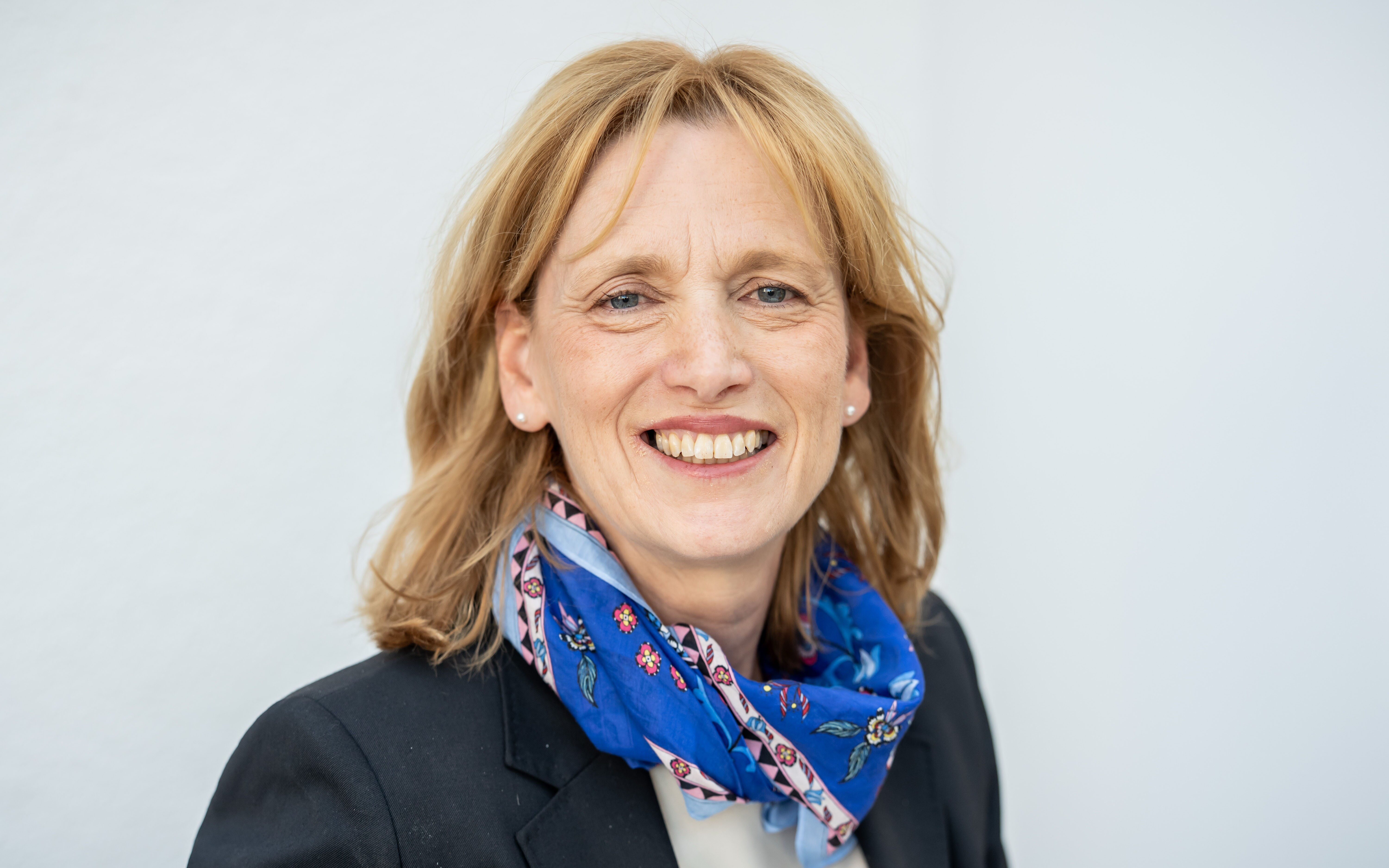
Karin Prien is seen as one of the highest-profile education politicians in the Union. She has been the Minister of Education in Schleswig-Holstein since 2017. The 59-year-old is deputy CDU party chief and since 2022 also deputy federal chair of the CDU. Prior to her time in the most northerly federal state, the lawyer was a member of the Hamburg City Parliament for six years.
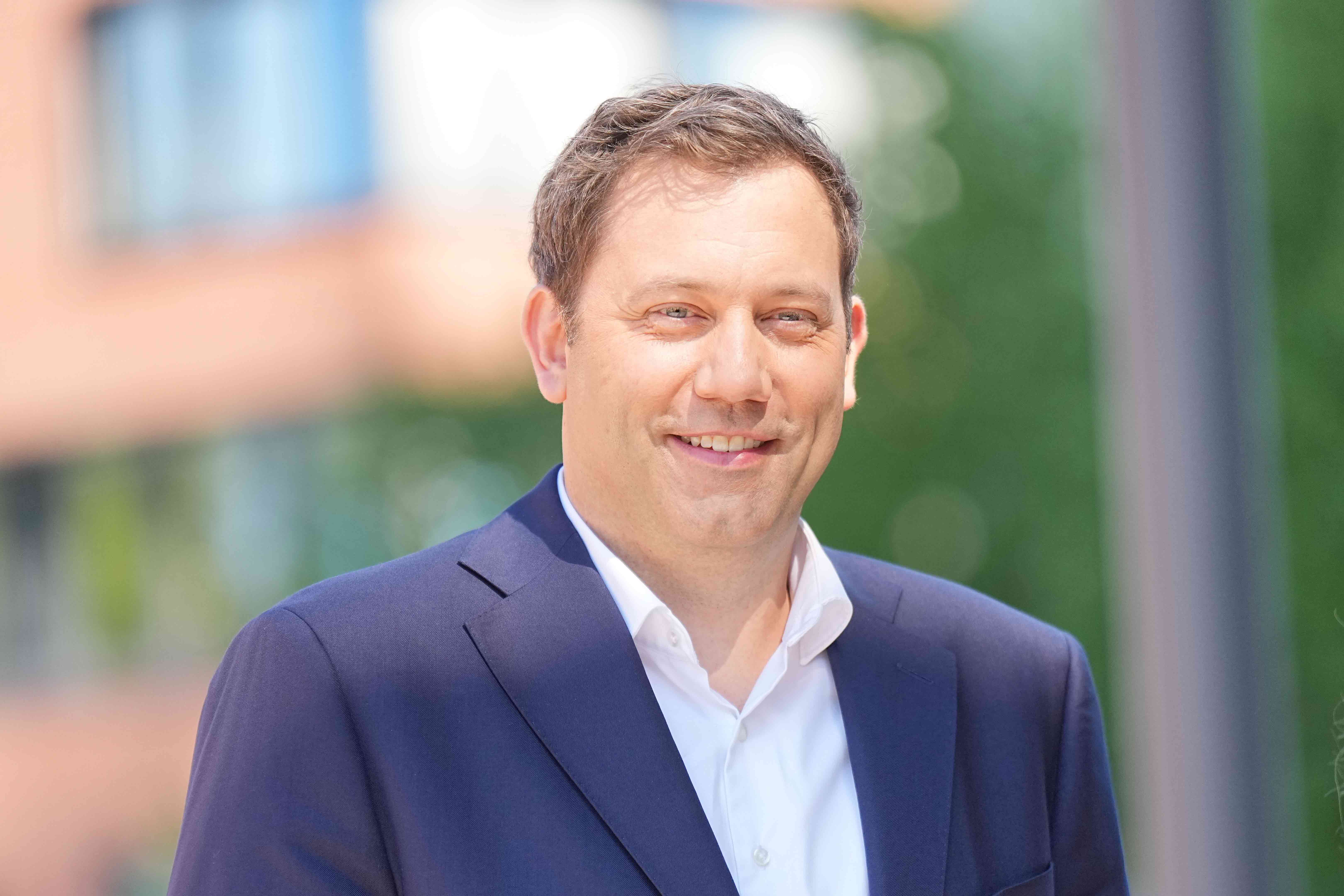
In his role as Secretary-General and before becoming the leader of the SPD, Lars Klingbeil supported Olaf Scholz when the latter became Federal Chancellor in 2021. Klingbeil is 47 years old, the son of a soldier and originally from Lower Saxony. After the election defeat, he was initially interested in the role as chair of the parliamentary group. Klingbeil will now become the new Vice-Chancellor and Minister of Finance in Friedrich Merz's government. This could be a stepping stone for Klingbeil to run for chancellorship in 2029.
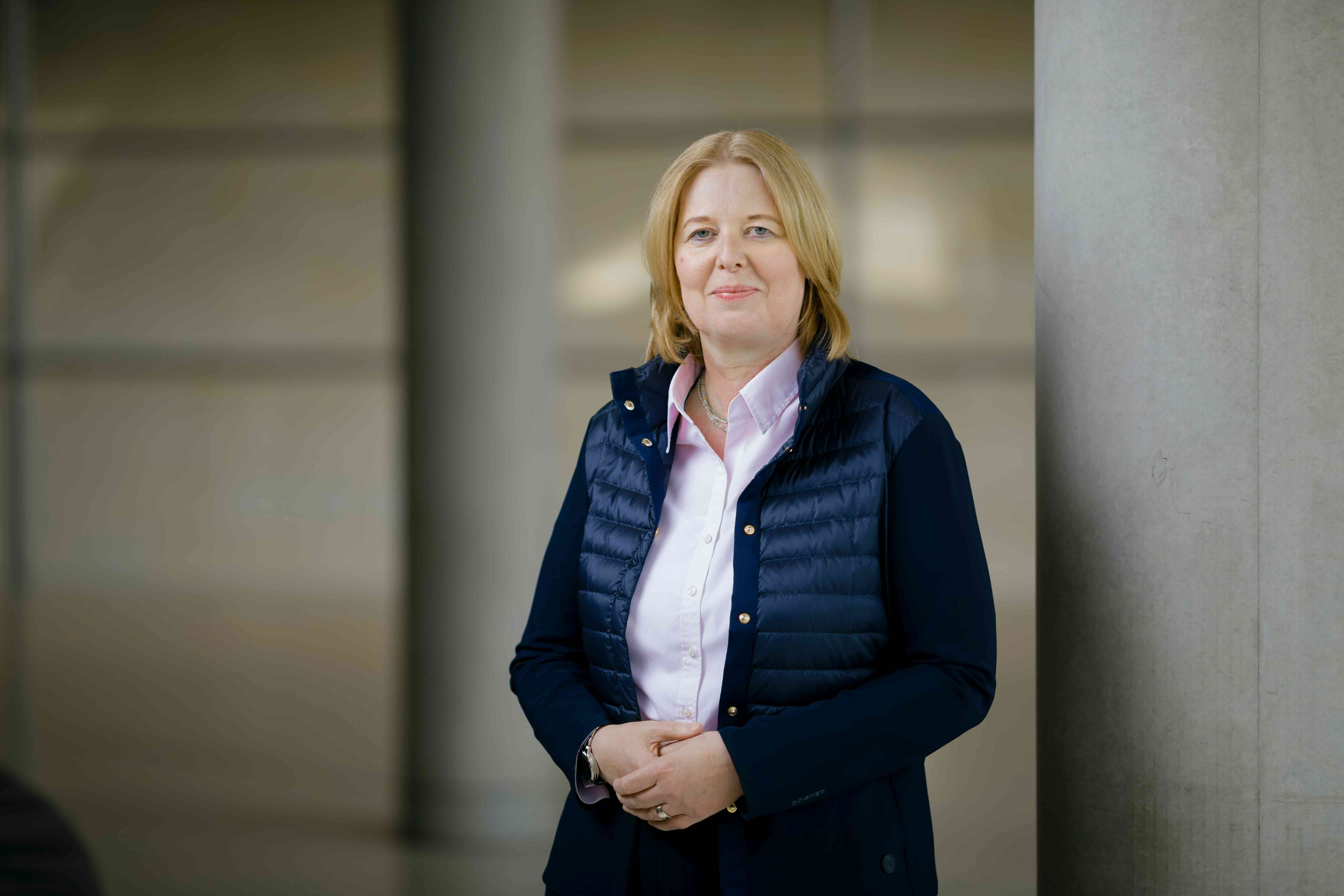
Down-to-earth, straightforward and emphatic: Bärbel Bas (SPD) has acquired a strong reputation during her three-and-a-half-year term as President of the Bundestag. The 57-year-old from Duisburg has been a member of the Bundestag since 2009 and has been in charge of health policy, among other things.
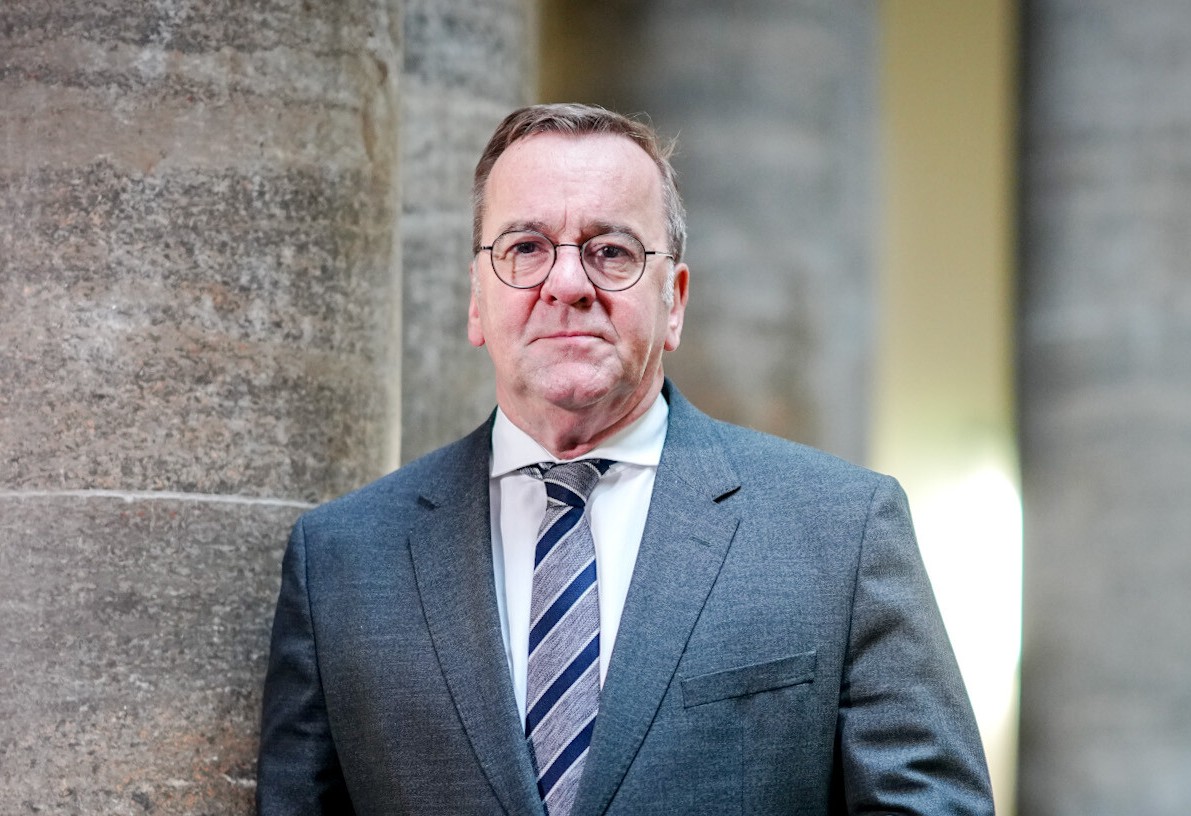
Boris Pistorius (SPD) was born in Osnabrück in 1960. He worked for a number of government agencies in Lower Saxony and was the Mayor of his home town between 2006 and 2013. Following this role, the qualified lawyer spent ten years as Lower Saxony's Minister of Home Affairs. In 2023 he took over the Ministry of Defence where he quickly gained the team's appreciation.

Stefanie Hubig (56) has been the Minister of Education of Rhineland-Palatinate since 2016. In addition to this, she has been the coordinator for the SPD-led federal states in the Standing Conference of the Ministers of Education and Cultural Affairs of the Länder since 2024. She started to work for the Federal Ministry of Justice in 2000 and eventually became a division head. In 2008 she moved to Mainz, where she initially worked for the State Chancellery Office, before becoming the leader of the Criminal Law Division of the Ministry of Justice in 2009. In 2014, Hubig became Secretary of State in the Federal Ministry of Justice.
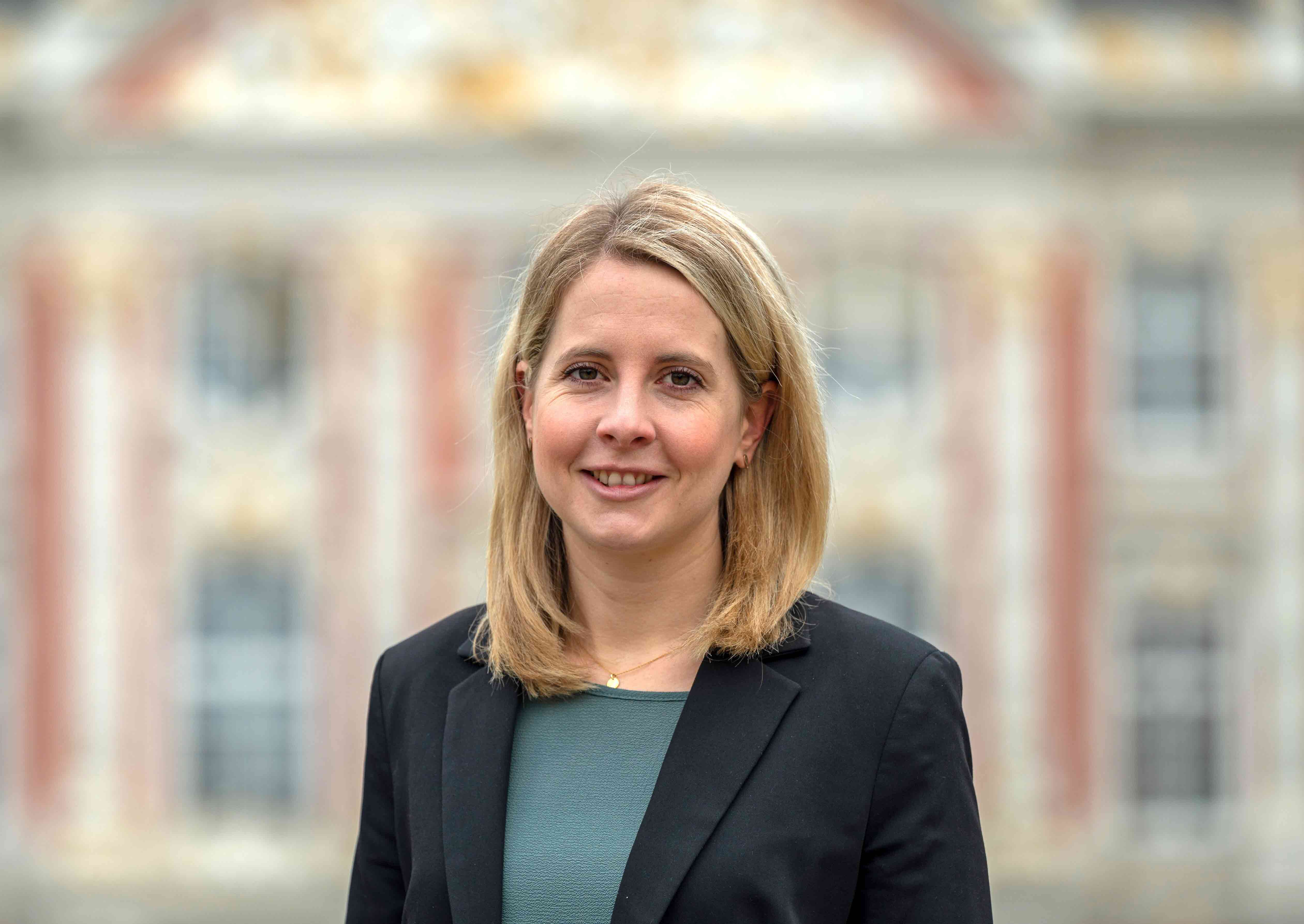
Verena Hubertz has been a member of the Bundestag since 2021, when she was immediately made deputy chair of the SPD parliamentary group, in which role she was in charge of various issues including business, climate action, energy, construction and housing. The 37-year-old from Trier is a qualified business economist and her biography is rather unusual for a politician: in 2013 she established a start-up together with a fellow student.
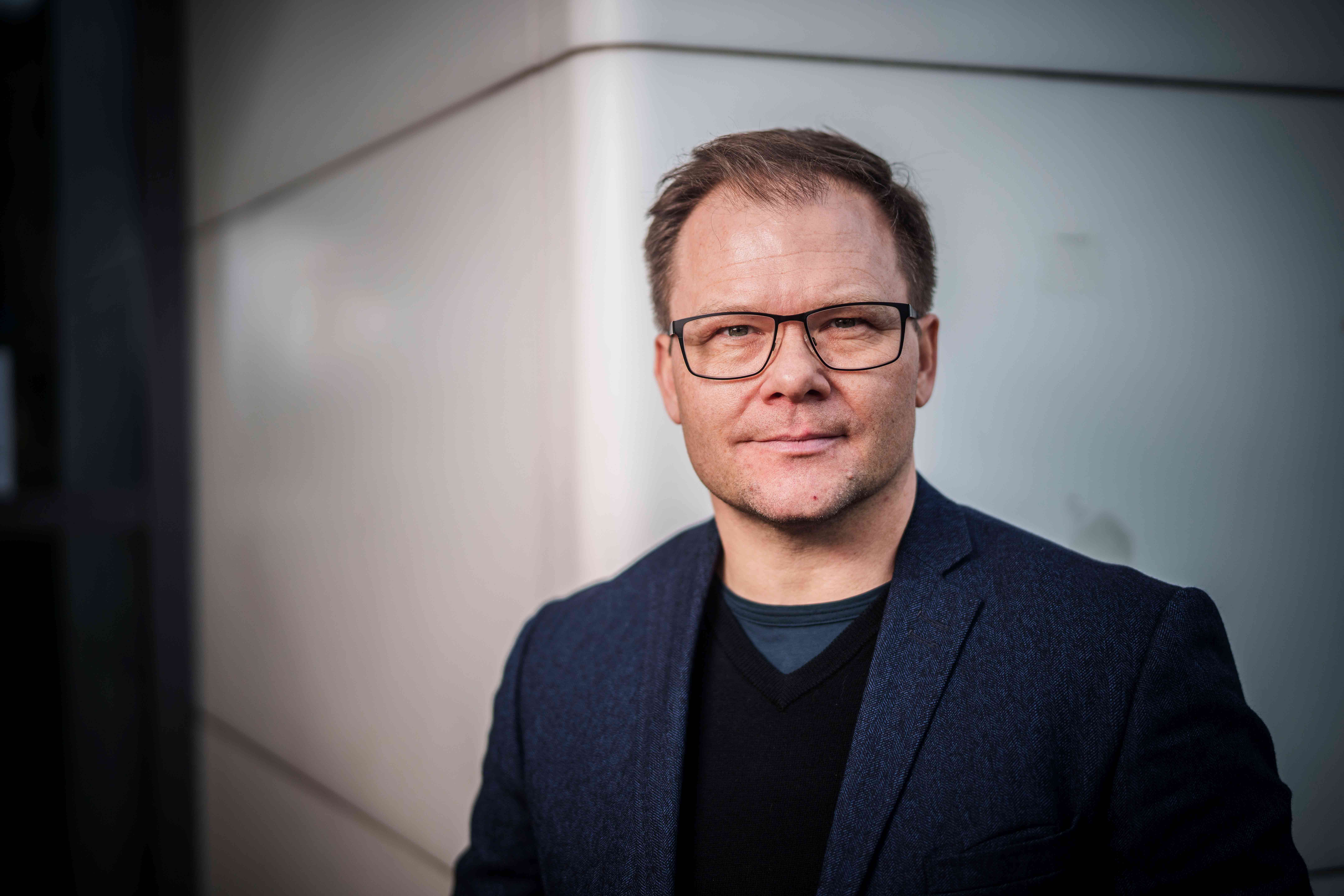
In Federal Chancellor Olaf Scholz's government, Carsten Schneider was a Minister of State and Commissioner for East Germany. Schneider is originally from Erfurt and has been a member of the Bundestag since 1998. Among other things, he has been in charge of budget issues, held the role as deputy chair of the parliamentary group, and he was also the First Parliamentary Secretary of the SPD's parliamentary group.

Reem Alabali-Radovan (SPD) from Schwerin was the Integration Officer of the so-called traffic light coalition. She was born Moscow in 1990. At the age of six, she came to Mecklenburg-Western Pomerania with her family that was fleeing because of the political situation in Iraq. As an Integration Officer, Reem Alabali-Radovan addressed, for example, the issue of racial profiling.
Dieses YouTube-Video kann in einem neuen Tab abgespielt werden
YouTube öffnenThird party content
We use YouTube to embed content that may collect data about your activity. Please review the details and accept the service to see this content.
Open consent form


